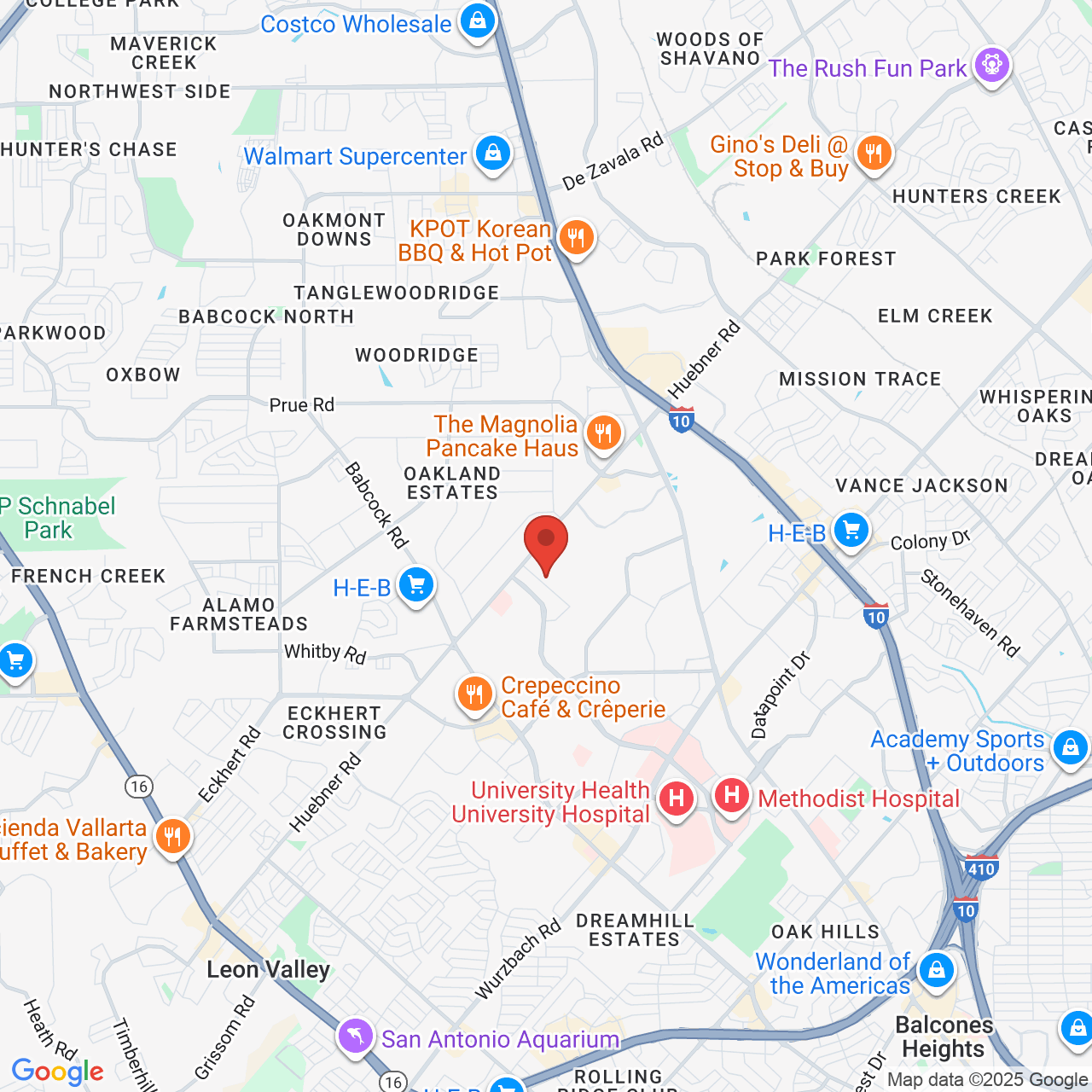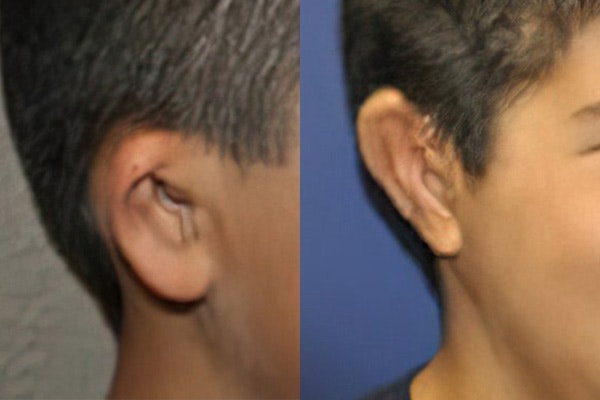Does Microtia Cause Hearing Loss? By Dr. Arturo Bonilla
 We must clarify two important definitions based on the anatomy of the microtia ear:
We must clarify two important definitions based on the anatomy of the microtia ear:
1) Microtia means small ear
2) Atresia means no ear canal
Most patients with microtia also have atresia, so the main cause of the hearing loss is actually the lack of an ear canal (atresia), and not the microtia. In other words, there is nowhere for sound to go because without an ear canal, the sound is basically hitting a wall. Sound does eventually make it to the hearing nerve in the inner ear (cochlea) via vibrations on the skull instead of the ear canal. To see a full explanation of the mechanism of hearing in microtia patients, see “Hearing Loss With Microtia”.
So, what happens when a child has a mild microtia but instead of having total closure of the ear canal, he/she instead has a narrow ear canal, or “stenosis”? The very narrow ear canal allows some sound to go through, but not all of it. This can cause hearing loss.
Normal middle ear bones vibrate when sound strikes the eardrum. In microtia patients, these middle ear bones are usually fixed. As a result, sound may make it through the ear canal fine but as this sound tries to make it through the middle on its way to the inner ear nerve, the “fixed” middle ear bones decrease the transmission of this sound…thus causing hearing loss.








